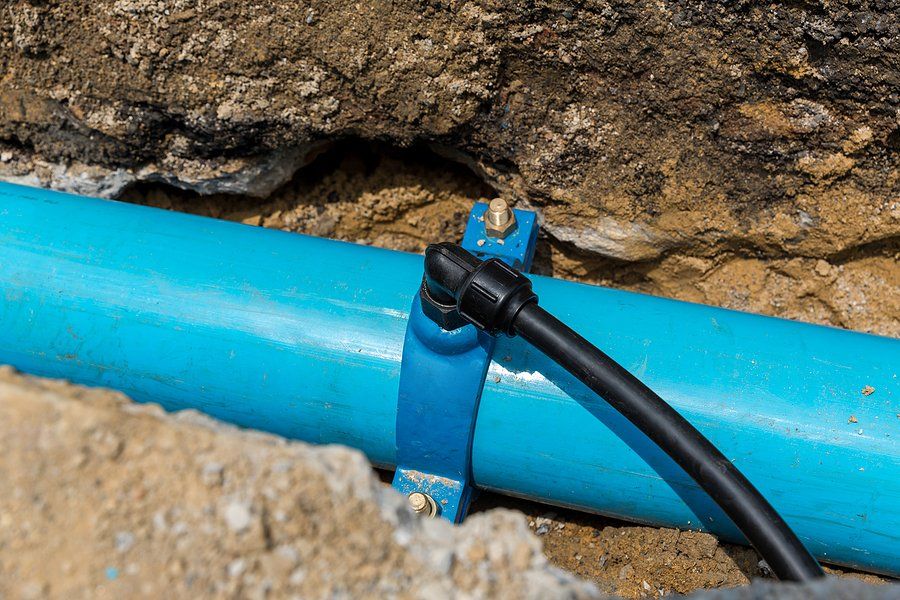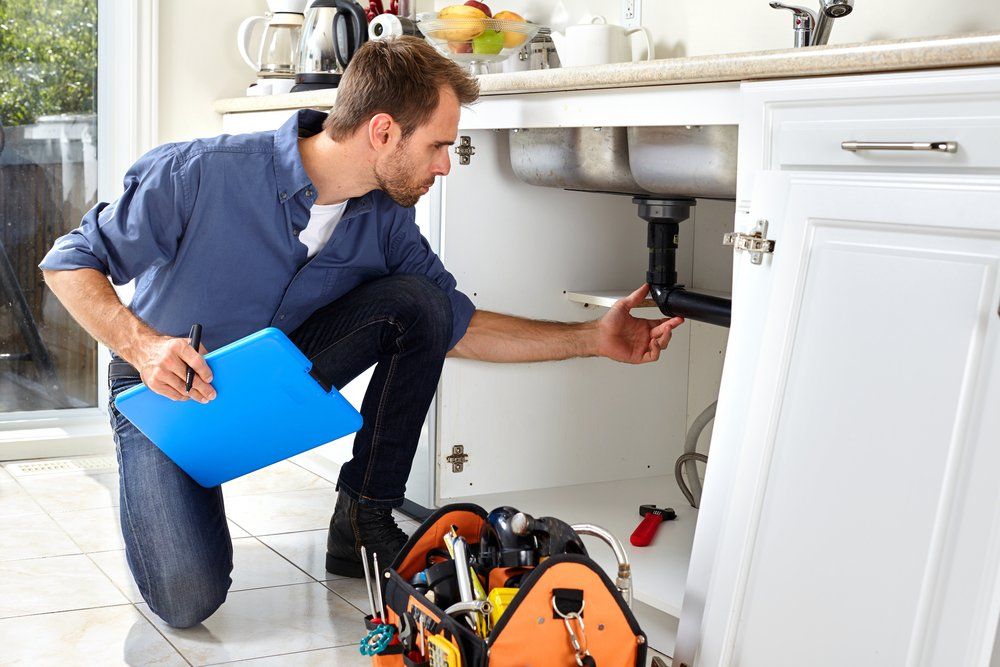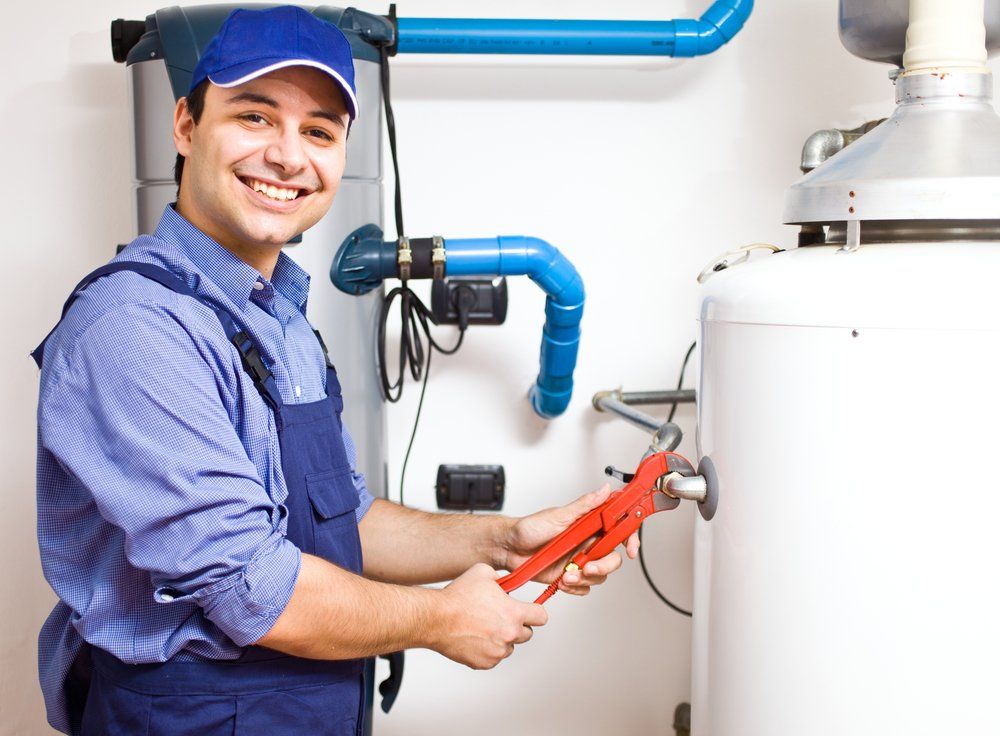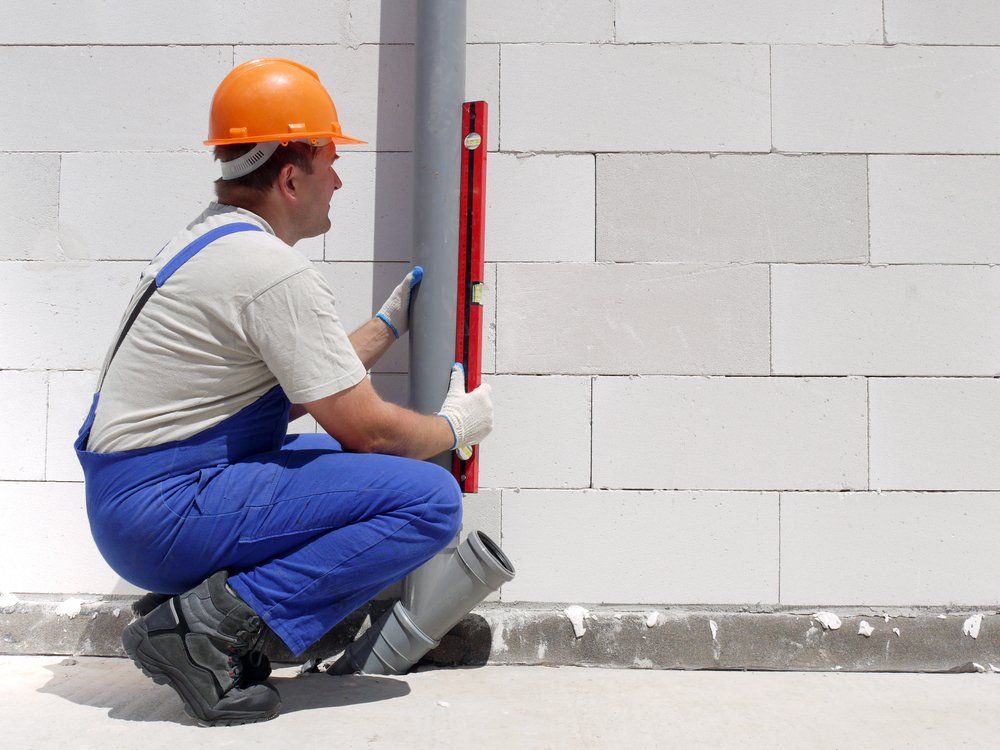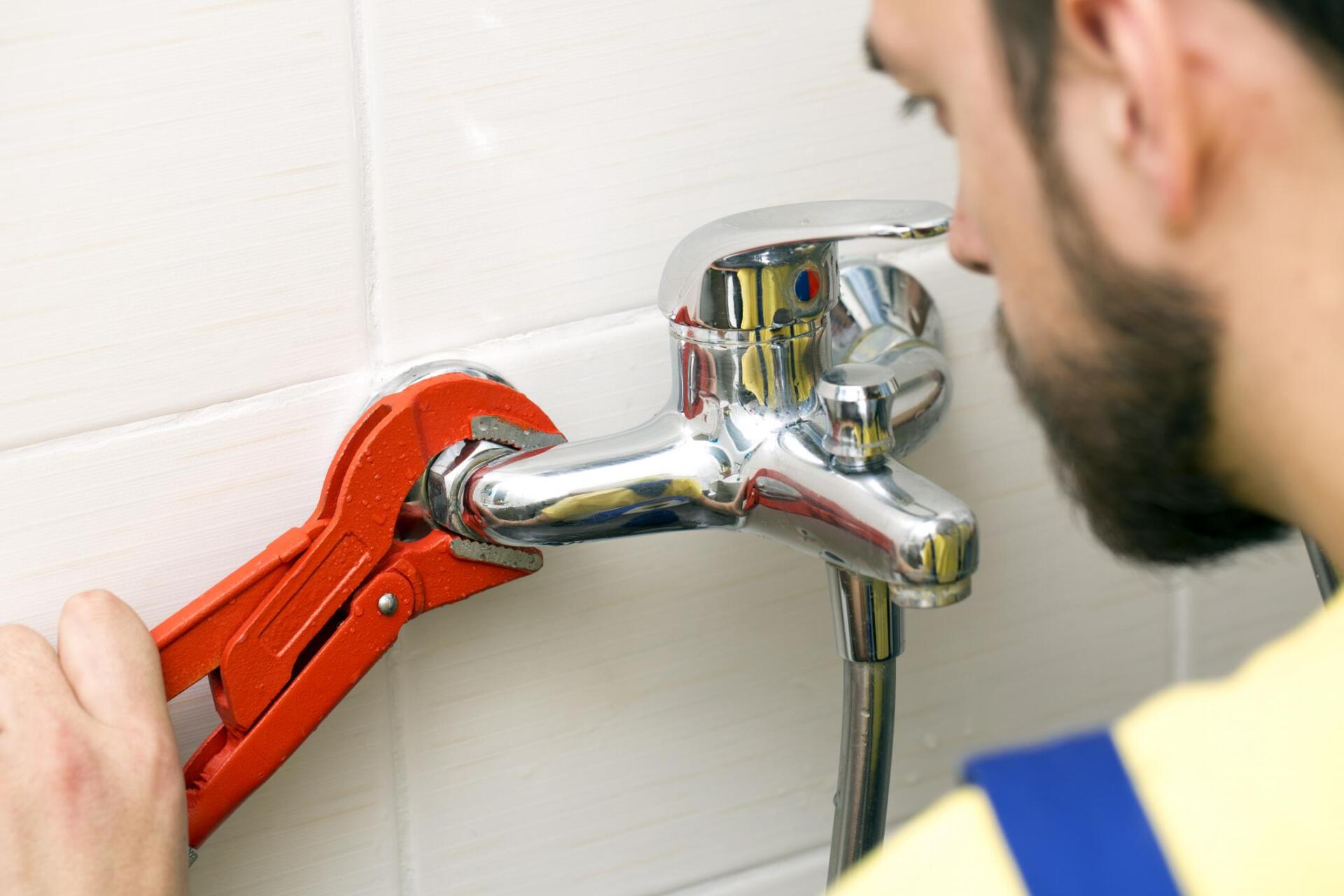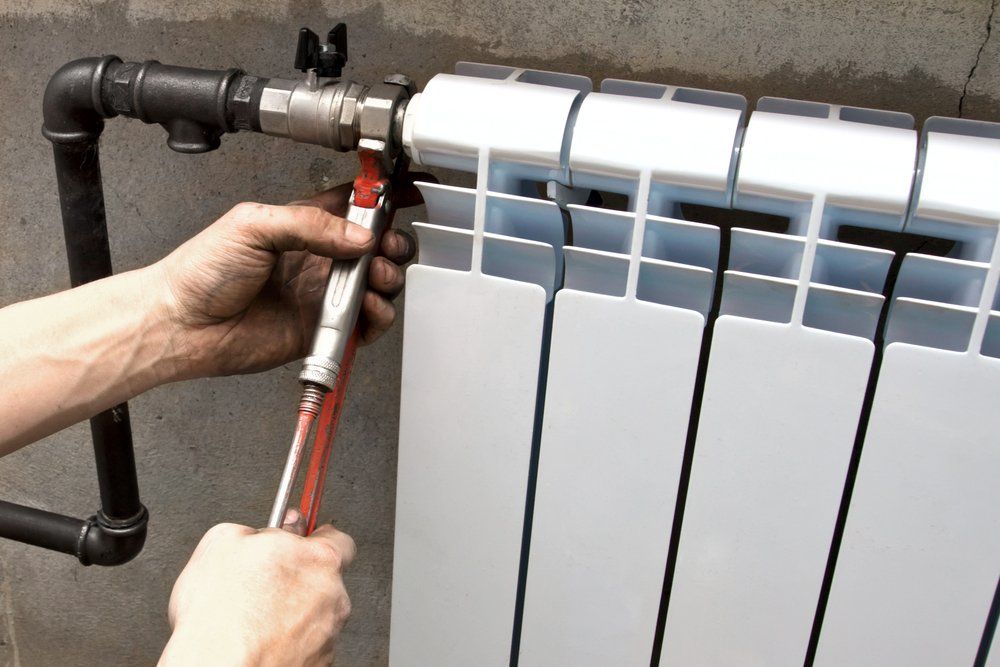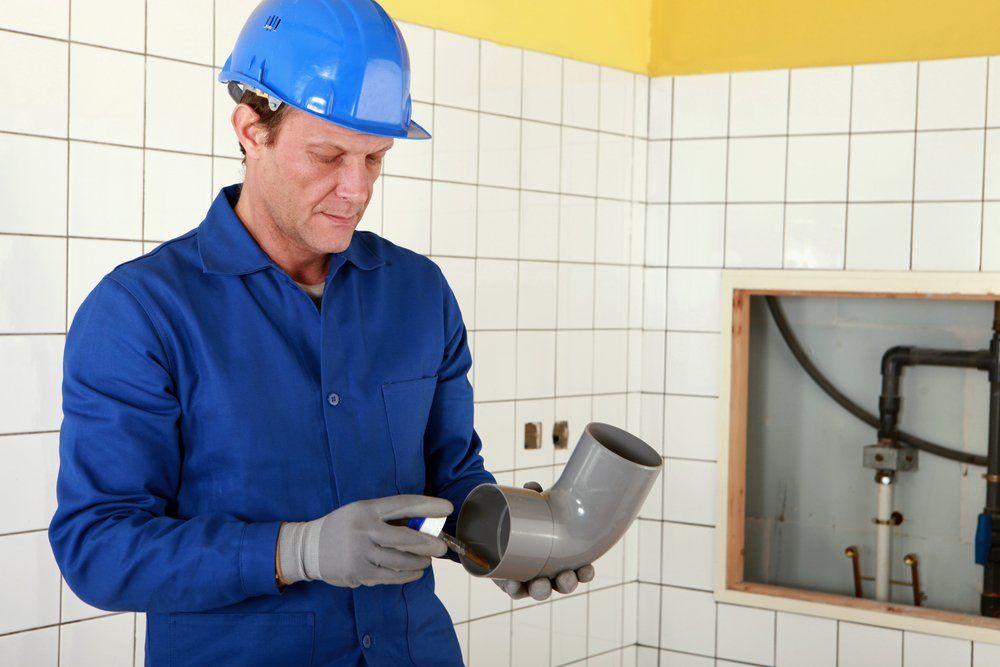How to Detect a Water Leak in Your Home
How to Detect a Water Leak in Your Home
Have you ever noticed your water bill going up every month? It's probably because there is a leak in the pipes.
A small amount of water can seep through and because of significant damage to walls, floors, or ceilings near where it flows from; this may be due not only to faulty installation but also to natural wear and tear over time (such as leaded glass). If left unchecked, then these leaks will rack up monthly expenses without anyone knowing until they see their accounting statement at the season end, and the water bill is always one of the more forgettable expenses until it's too late. That's why it's so important to know how to detect a water leak before it gets out of control.
Water leaks can cause extensive damage to your property and lead to expensive repairs. By learning how to detect a water leak, you can take action quickly to minimize the damage. In this blog post, we will share five signs that indicate you may have a water leak on your hands. If you suspect you have a water leak, contact a professional plumber right away for help.
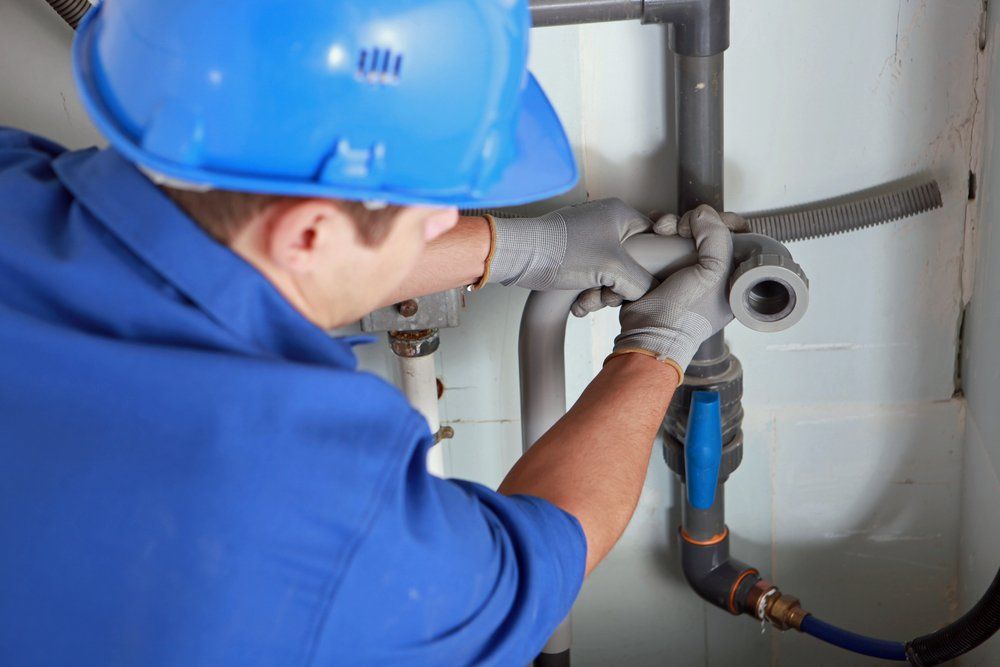
What water leaks can do to your property
Water leaks are not something that most homeowners think about until they have been unable to take care of them for an extended period. The water in your home could be slowly ruining all the hard work you've put into making it look nice, or even worse - causing structural damage! If left unchecked these small drips can cause serious problems with walls and ceilings as well as liquids like painting thinners which may lead to moisture rot in worst cases.
From time-to-time simple solutions such as replacing old pipes will solve 99% percent of detested plumbing systems but sometimes things get more complex than just fixing this single issue because there can be numerous water leaks in a single system. It's important to have knowledge of water leak detection so you can save yourself time, money, and most importantly - your property.
If you want to avoid the negative impact that water leaks can have on your property, then it is important for homeowners and businesses alike to know how they work. Here's what we mean: When there are tiny droplets of moisture seeping through cracks in wall surfaces or flooring near an appliance such as a dishwasher where plumbing connections meet air vents; this may be one sign something might've gone wrong with either fixture--and needs replacing right away.
Water leaks can cause serious and expensive damage to your property. Not only can water leaks ruin your floors, walls, and furniture, but they can also cause electrical shorts and even mold growth. If you suspect that you have a water leak in your home, it is important to find and fix the leak as soon as possible.
The sound of water leaking can be frustrating, but it’s not always easy to pinpoint where exactly the leak is coming from. Water damages your home by causing structural problems and increasing costs for repairs - find out how you could stop this before it's too late!
In detecting a possible leak at home would have nothing without knowing what type or size fixture has been installed on either fixture that is already present like pipes under flooring (this includes both new constructions as well), lighting systems with exposed lenses such as chandeliers, water heaters, air conditioners, and refrigerators water supply valves.
Water leaks can do a lot of damage to your property. Not only can they ruin your floors, walls, and furniture, but they can also cause electrical shorts and even mold growth. If you suspect that you have a water leak in your home, it is important to find and fix the leak as soon as possible.
If you think you might have a water leak in your home or business, it's important to take action as soon as possible to avoid costly repairs down the road.
Signs of water a leak
Water leaks can be difficult to detect, but there are a few signs that you can look for. One of the most common signs of a water leak is water damage on the floor or walls. If you see water damage, it's important to investigate and find the source of the leak. Another common sign of water leaks is a water meter that is running even when all the taps are turned off. If you suspect that you have a water leak, you can check your water meter to see if it's running. If you see water dripping from a pipe or fixture, it's a good indication that there is a water leak. If you see water dripping, it's important to find the source of the leak and fix it as soon as possible.
Other signs of water leaks include wet spots on the floor or walls, water stains on the ceiling, and a bad smell in the house or business. If you see any of these signs, it's important to investigate and find the source of the leak.
Water leaks can also cause a bad smell, especially if they're near an appliance like a dishwasher. If you smell a bad smell, it's important to find the source of the leak and fix it as soon as possible. If you smell something unusual, it's important to investigate and find the source of the leak.
Hidden leaks in your home can cause a variety of problems from mildew and rot to water damage and even electrical shorts. If you think you might have a water leak, it's important to take action as soon as possible to avoid costly repairs.
Why water leak detection is important?
The water in your home is precious. It's what keeps you hydrated and flush with freshness, so it has a very important role to play! But how can we be sure that there won't ever come an unfortunate moment where our pipes burst? How do we even know if there is water wastage going on without our noticing, considering that water bills tend to be monthly and not daily happenings? All these questions beg for water leak detection methods that work perfectly for everyone.
Nowadays, water leak detection has become a necessary evil in order to keep your home in check. It's not enough to just turn off the main water supply when you're out of town and expect everything will be hunky-dory when you get back - there is water leaks happening everywhere, all the time! Even if you're vigilant about checking your water meter and looking for puddles, sometimes water seeps through cracks and crevices undetected.
That's why water leak detectors have come about to be one of the most important devices for your home. By using water leak detectors, you can set alarms for water leakage and even have them notify you on your phone or computer! You can also find water leaks by smell - a stench coming from one of your pipes is usually a giveaway - so having a water leak detector is key to keeping your home protected.
What are some water leak detectors?
There are many water leak detectors on the market these days, but they all work a bit differently. Some water leak detectors use sound or vibration to detect water leaks, while others use sensors to detect moisture. Some water leak detectors can be installed in your home, while others are portable.
Water leak detectors come in many shapes and forms depending on the underlying sensing technology.
Below are the three main types that commercial and industrial users should know.
1. Flood sensors
A flood sensor is an intelligent device that can be installed to detect rising water levels and trigger alarms. They're commonly found in homes, businesses & public buildings so you'll know when the tap or toilet has been overflowing all day long without your knowledge!
They are probably the most common type of commercial leak detectors out ther as they are highly affordable and can be installed in a matter of seconds. Placed in areas prone to flooding due to faulty water-based appliances and pipes, a flood sensor triggers an alarm when it comes in contact with water on the floor. Certain sensors allow users to adjust the sensitivity of water detection to avoid false alarms caused by high humidity. Others also provide built-in temperature sensing ability to send notifications if the room temperature is reaching the freezing point conducive to burst pipes. Facility managers can thus take counteractive measures to prevent failures beforehand.
2. Flow Meters
Flow meters are used to measure how much water flows through the pipes. The reading from each meter is recorded and can be accessed at any time using our easy online portal so that you'll never need to worry about missing important notifications or deadlines again!
They are strategically mounted at different points on the pipe or plumbing system to measure flow rates inside the pipeline. In the event of a leak, abnormal deviations in inflow velocity, pressure, and vibration readings that indicate the escape of water are immediately captured. An analytics platform then analyzes pressure and flow differentials to locate cracks and helps you quickly maneuver maintenance activities. Next-gen flow meters leverage electromagnetic and ultrasonic technology for highly precise flow sensing without intrusive pipe-cutting installation. They can also easily clamp onto legacy water meters to monitor real-time consumption rates and trigger alerts when unusual usage behavior is detected.
3. Acoustic Sensors
It's amazing how many things can go wrong with your home, but it would be pretty bad if you had a water leak. You might not know about the problem until something breaks or starts leaking - Acoustic Sensors will help prevent that from happening! These devices use sound waves to detect when there are vibrations coming off of pipes and other surfaces in order for us to fix any issues before they get worse.
Contacting a plumber if you suspect a water leak in your home or business- what they will do, how much it costs, etc
Contacting a plumber is an important decision that can have lasting effects on your home or business. They will diagnose the issue, explain what needs to be done and how much it costs for them to fix all aspects of fixing whatever wrong with you is machine-wise (or dirt cheap if nothing major).
So make sure before contacting anyone whether it's during emergencies such as this one where we had burst pipes causing flooding throughout my living room flooring which caused me thousands in damages; just wanting some advice about installing new faucet fixtures like showerheads/bronze toilets etc.; having issues using common household appliances namely washing machines due to water spilling out the front instead of going through the drainage system inside, or simple curiosity about water bills and water conservation- make sure you go with a plumbing company you can trust by using our extensive directory or researching plumbers in your area.
Plumbers are typically contacted for water leaks when a homeowner or business owner suspects that water is escaping from a pipe, fixture, or appliance. Most plumbers offer a free inspection to determine the source and extent of the water leak. Once the leak has been located, the plumber will provide an estimate for repairing the leak. Many plumbers also offer a warranty on their work.
The cost of repairing a water leak depends on the type of leak and the materials and labor required to fix it. Leaks that require new plumbing fixtures or repairs to the walls or floors can be expensive, but leaks that involves simply tightening a hose or replacing a washer can be relatively cheap.
Conclusion
Detecting water leaks in your home or business before they become a major problem is essential in preserving the property and preventing costly water damage. In this article, we have outlined several ways to detect water leaks, from checking your water meter regularly to using acoustic sensors. If you suspect a water leak, be sure to contact a plumber for assistance in finding and repairing the leak.
If you suspect that you have a water leak, it is important to take action as soon as possible. The professionals at our company are here to help. Contact us today for more information about our plumbing services or for assistance with detecting and repairing a water leak in your home.
Thanks for reading!
